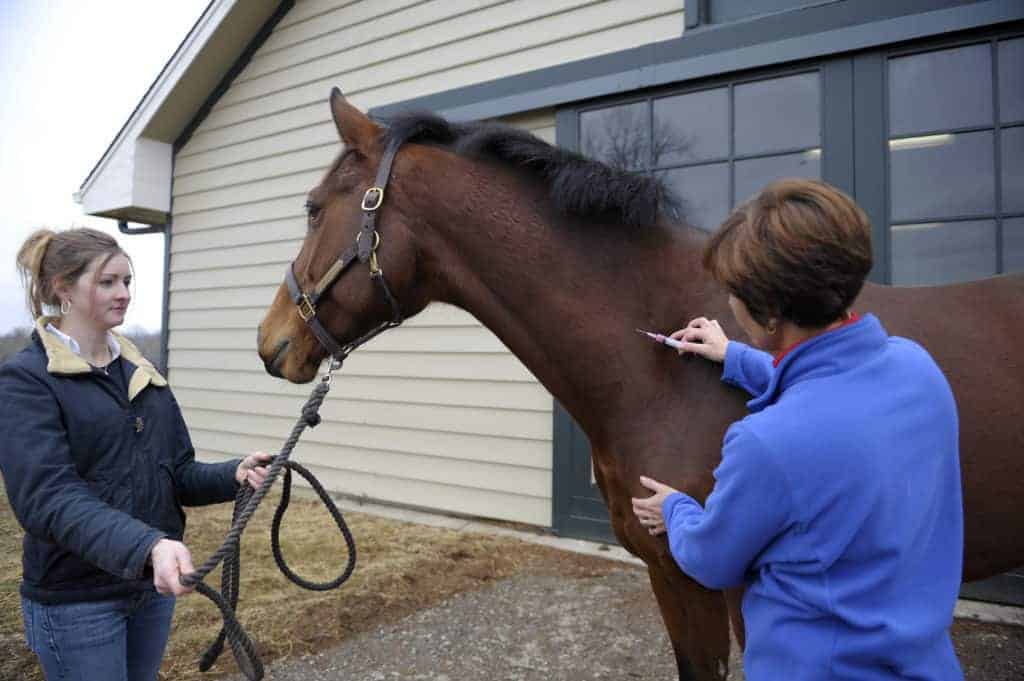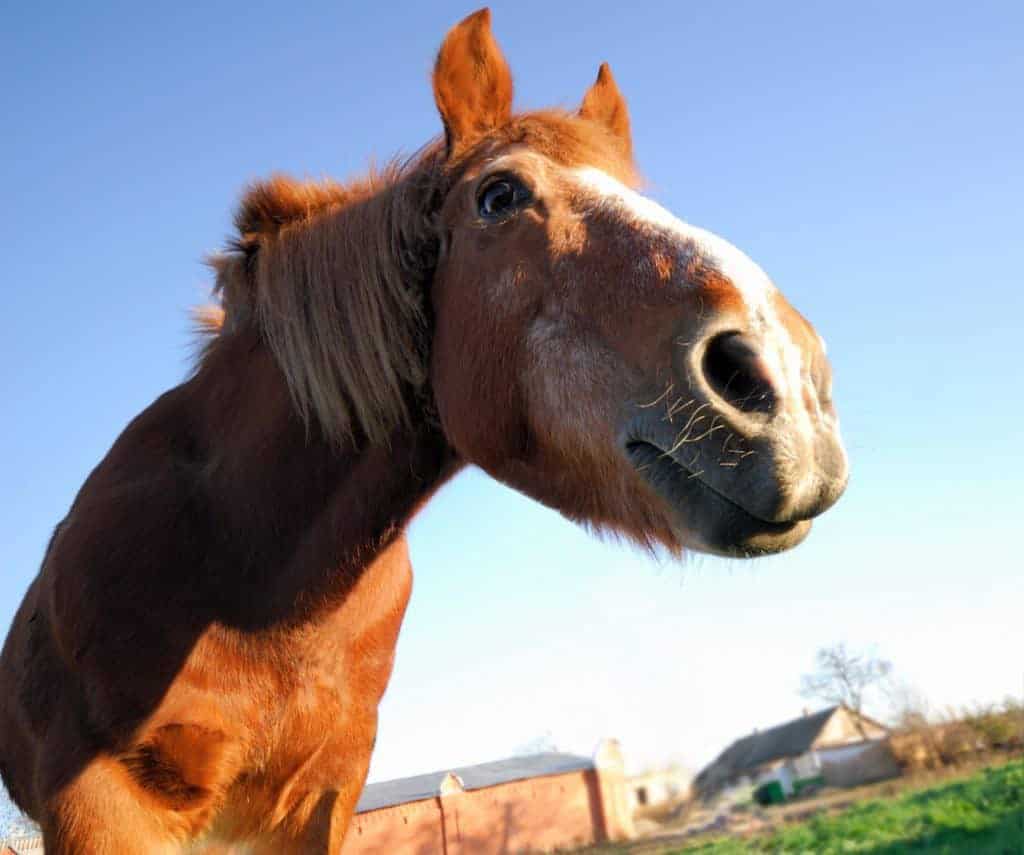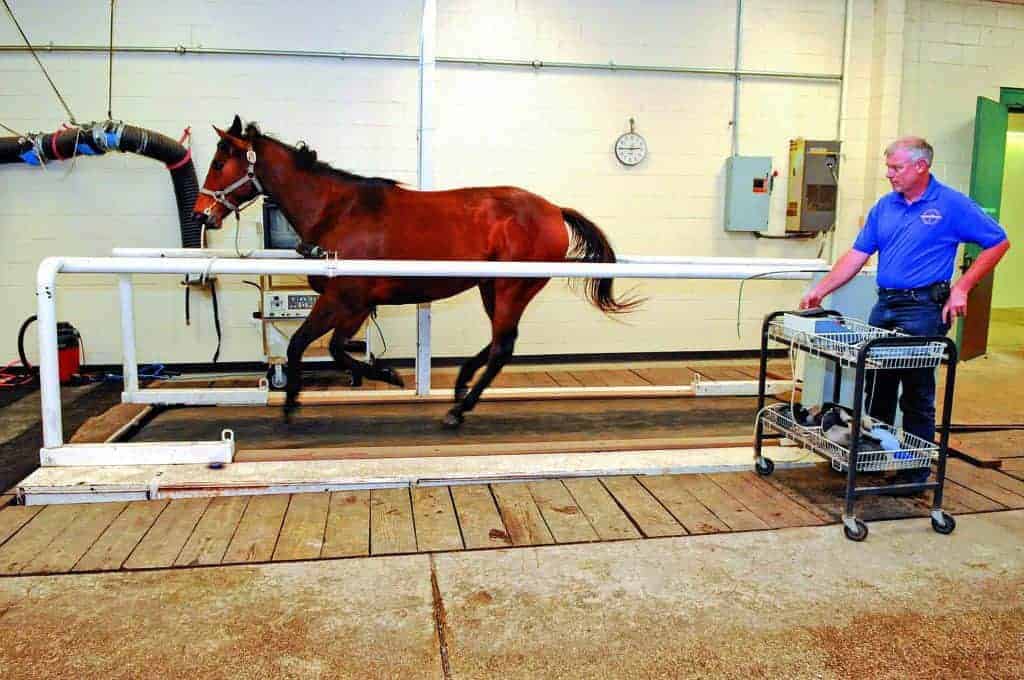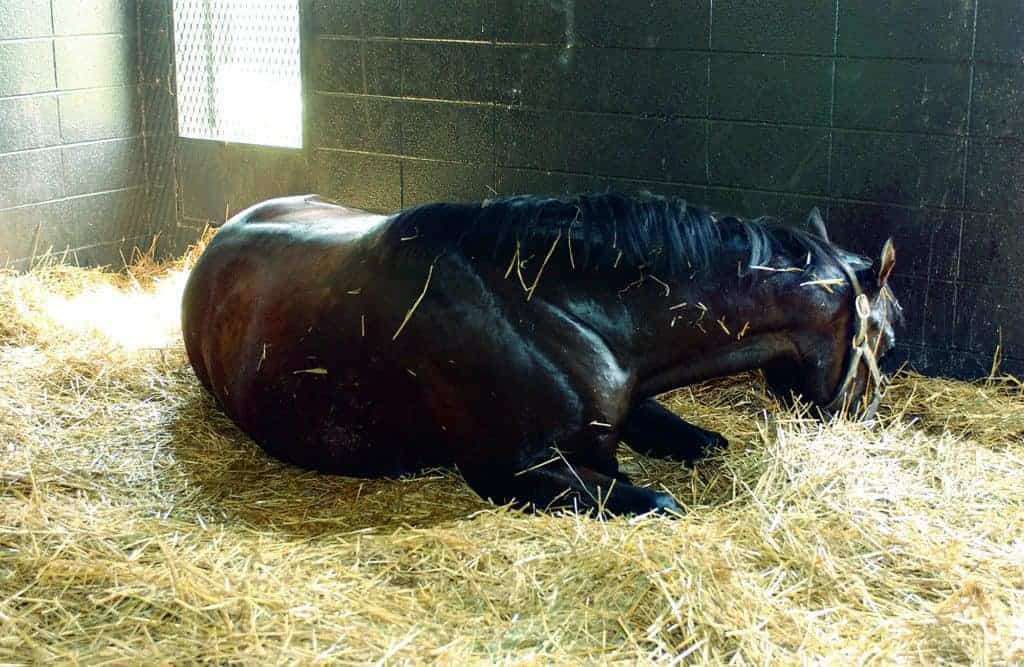New Ohio Rule Allows Proactive Tail Docking by Veterinarians
Licensed Ohio veterinarians can now dock the tails of horses to prevent injury to the animals under HB 229.
Licensed Ohio veterinarians can now dock the tails of horses to prevent injury to the animals under HB 229.
James MacLeod, VMD, PhD, shares his views on stem cells and regenerative medicine in equine medicine.

Objective methods to help veterinarians address horses’ quality of life have yet to be developed.

Hop behind the wheel with Dr. Sarah Link as she serves the rural Maryland horse community.

To get to the bottom of subtle performance-limiting gait abnormalties, vets must consider every puzzle piece.

Horse owners and veterinarians should ensure horses are receiving safe and effective compounded treatments.

Paraneoplastic manifestations are often the first clue a horse has developed an internal form of cancer.
The 23 mares that make up the Rutgers University research herd are now available for sponsorship.
The AAEP is accepting final nominations for their Good Works For Horses Campaign until Sept. 30.

Salmonellosis and colitis–two equine ailments that are commonly associated with each other–are a bit like the chicken and the egg: you don’t always know which came first, according to Jamie DeFazio, CVT, VTS-EVN.

When a horse is sick, good biosecurity could mean the difference between an isolated infection and an epidemic

Some important medical conditions are being overlooked by some owners and caretakers of geriatric horses.
Protecting a foal from infectious diseases begins before birth.

Researchers determined that few injuries occur to horses during treadmill exercise.

What are the most important things to consider and employ when dealing with a horse affected by chronic colic?

Quick reference guide on normal temperature, heart rate, and breathing rate in horses.
Stay on top of the most recent Horse Health news with
"*" indicates required fields